
Meet Mary J. Wilson, The First Black Senior Zookeeper At The Maryland Zoo
She Was a Gem of a Human: The Extraordinary Life and Legacy of Mary Jeanette Wilson
When people speak of trailblazers who changed their fields quietly yet profoundly, Mary Jeanette Wilson belongs at the top of that list. A true pioneer in animal care and a figure of warmth and grace, Wilson not only broke racial barriers but also redefined what it meant to love, nurture, and understand animals.

Born in West Baltimore to Willie Wilson and Mary Henry, her life began under difficult circumstances. Her mother died of diphtheria when she was just five years old (The New York Times). The loss set her on a path marked by resilience, as she spent her early years moving between relatives’ homes — even being separated from her sister for a time. Yet amid instability, Wilson found one constant source of joy: animals.
After graduating from Paul Laurence Dunbar High School, she followed that love into a profession few Black women occupied at the time. At just 21, she began working at the Baltimore Zoo, an opportunity that would shape the rest of her life.
Breaking Barriers in the Wild
When Arthur R. Watson, the zoo’s director from 1948 to 1980, hired Wilson, he did so on instinct rather than experience. “She had a willingness to work hard and a love of animals. In these days of specialized training, she probably wouldn’t get past the front door,” Watson told The Baltimore Sun in 1996.
That intuition proved prophetic. Wilson, who began her career in 1961, immediately gravitated toward the larger and more complex animals — gorillas, elephants, and big cats — instead of the smaller birds and reptiles often assigned to women at the time. “She was an animal lover through and through,” her daughter Sharron Wilson Jackson said. “Gorillas and elephants were her favorites.”
Wilson’s empathy and dedication didn’t just earn her respect — they made history. She became the first Black senior zookeeper at The Maryland Zoo, a position that reflected her unmatched skill and quiet authority (The New York Times). Her influence extended to her daughter, who would later become the first Black woman zookeeper at the Omaha City Zoo, following in her mother’s footsteps.
The Woman Who Spoke to Elephants
Wilson’s deep bond with animals often seemed almost spiritual. Standing six feet tall, she could literally look eye-to-eye with the elephants, forming connections based on trust rather than dominance. “I was lucky to work with Mary,” recalled Mike J. McClure, now general curator of the zoo’s animal department. “She treated both people and animals with fairness and respect — and they responded in kind. She was structured but compassionate, clear and consistent. That’s what made her remarkable.”
Her colleagues frequently described her as both gentle and commanding, a presence that calmed the animals she worked with. In one memorable story, zoo officials had to warn her to stop play-tussling with a young jaguar who had grown too strong — a testament to how closely she bonded with her charges.
Among all her relationships, one stood out: her connection with Sylvia, a baby gorilla orphaned in the Congo. When Sylvia arrived in the early 1960s, Wilson became her surrogate mother. “Sylvia was like a baby to me,” Wilson once told The Baltimore Sun. “I’d bathe her every morning, cook her breakfast — three-minute eggs — and feed her with a spoon. She was my little daughter.”
When Sylvia was later moved to the National Zoo in Washington, D.C., and then to the Columbus Zoo, Wilson cried. Years later, Sylvia would go on to become a surrogate mother herself — despite never having children — and zookeepers credited her nurturing instincts to how Wilson had raised her decades earlier (Smithsonian Magazine).
“They said it was because of how I raised her that she was so good with that youngster,” Wilson proudly told The Sun.
A Legacy Rooted in Love and Labor
For 38 years, Wilson’s presence at the Maryland Zoo was a source of stability, mentorship, and compassion. “She was like everyone’s mentor — a mother, a friend, and a supervisor,” said Carol M. Barth, who worked alongside Wilson for nearly two decades. “She brought love, skill, and passion to everything she did. What a great woman.”
Her work extended far beyond the animal enclosures. Wilson became a quiet role model for young Black women interested in science, wildlife, and veterinary work at a time when such paths were rarely open to them (NPR).
After retiring in 1999, she remained active — collecting elephant figurines from her travels, walking two miles daily, and cherishing her beloved dogs at home. But even as dementia set in later in life, her connection to the creatures she loved never faded.
The Elephant Who Remembered — and So Did She
In 2020, as the COVID-19 pandemic swept through the U.S., Wilson contracted the virus. While hospitalized, she became unresponsive — until her daughter reminded her of an old story about a sick elephant named Joe, whom they once helped nurse back to health in the middle of the night.
“For 14 days, she never responded to anything,” Jackson recalled. “Then I told her, ‘Remember when you told the elephant to move his head from side to side?’ And she did it. She moved her head from side to side. She remembered Joe.”
The next day, Mary Jeanette Wilson passed away at age 83, leaving behind a legacy of compassion, integrity, and courage that continues to inspire generations of animal caretakers and women of color in zoology.
“She walked acres every day at that zoo,” Jackson said. “You can’t cage a woman like that. She belonged with the animals — in open air, under the sun.”
A Legacy That Still Roars
Wilson’s story is more than a tale of professional success — it’s a reminder that representation matters, even in places as unexpected as a zoo’s elephant enclosure. She paved the way for a more inclusive future in animal science, one where dedication, empathy, and curiosity count more than credentials.
“Mary Wilson was one of those quiet heroes whose legacy ripples through every life she touched — human and animal alike,” wrote The Baltimore Sun in her obituary.
Thank you, Ms. Wilson, for your extraordinary spirit. Because of you, we can.
News in the same category


EXCLUSIVE: Kerry Katona 'upset' over 'selfish' Katie Price as cracks show in friendship

Big Brother fans fume ‘she can't get away with this’ as they slam housemate

12 Fruit Trees You Must Prune in August — and the Science Behind It
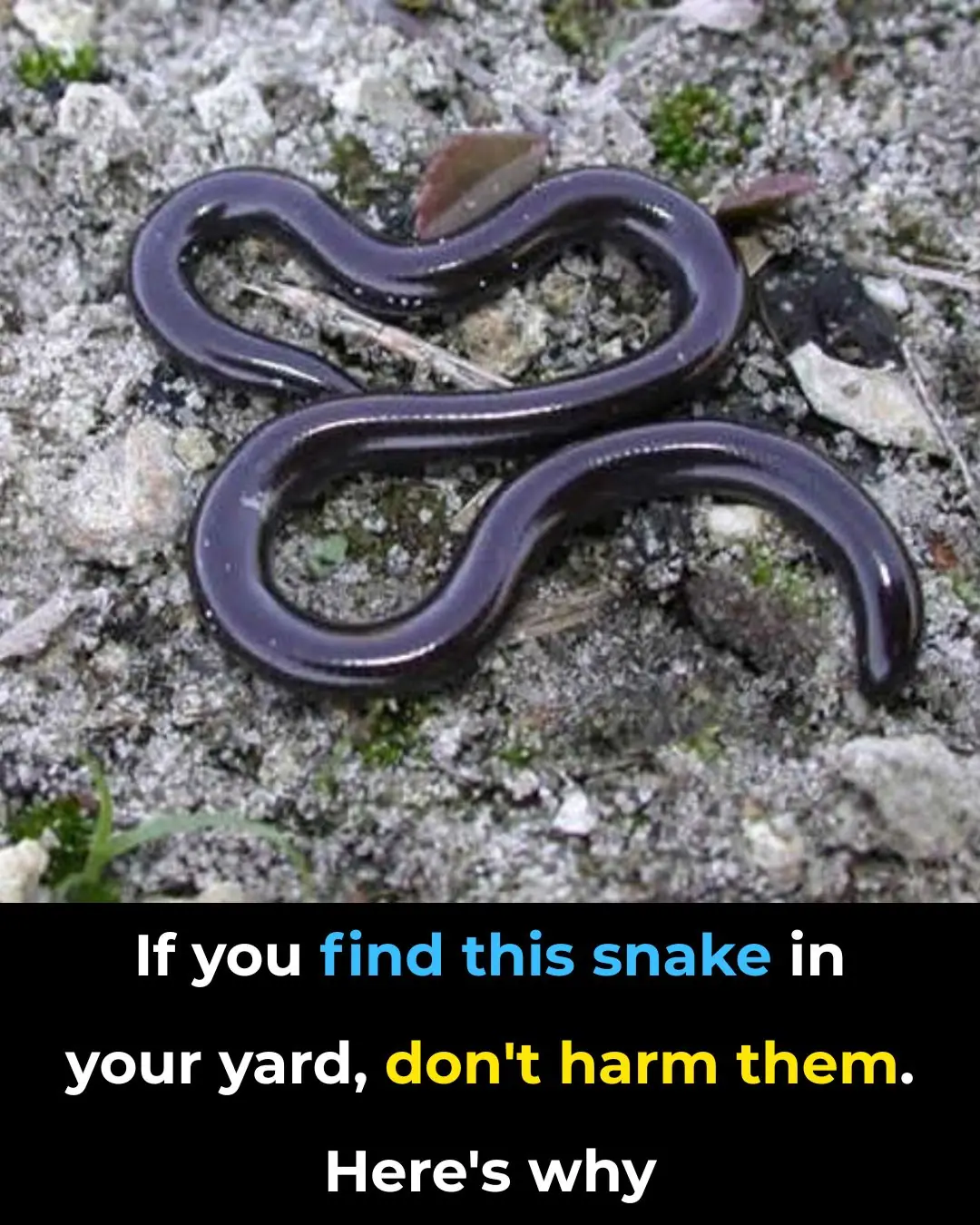
If You Find This Snake in Your Yard, Don’t Harm It — Here’s Why

Ooops, Guess I’ve Been Doing This Wrong: Why You Should Rethink Using Saucers Under Planters

1 Lemon Is All You Need to Revive an Orchid: Here’s How It Works
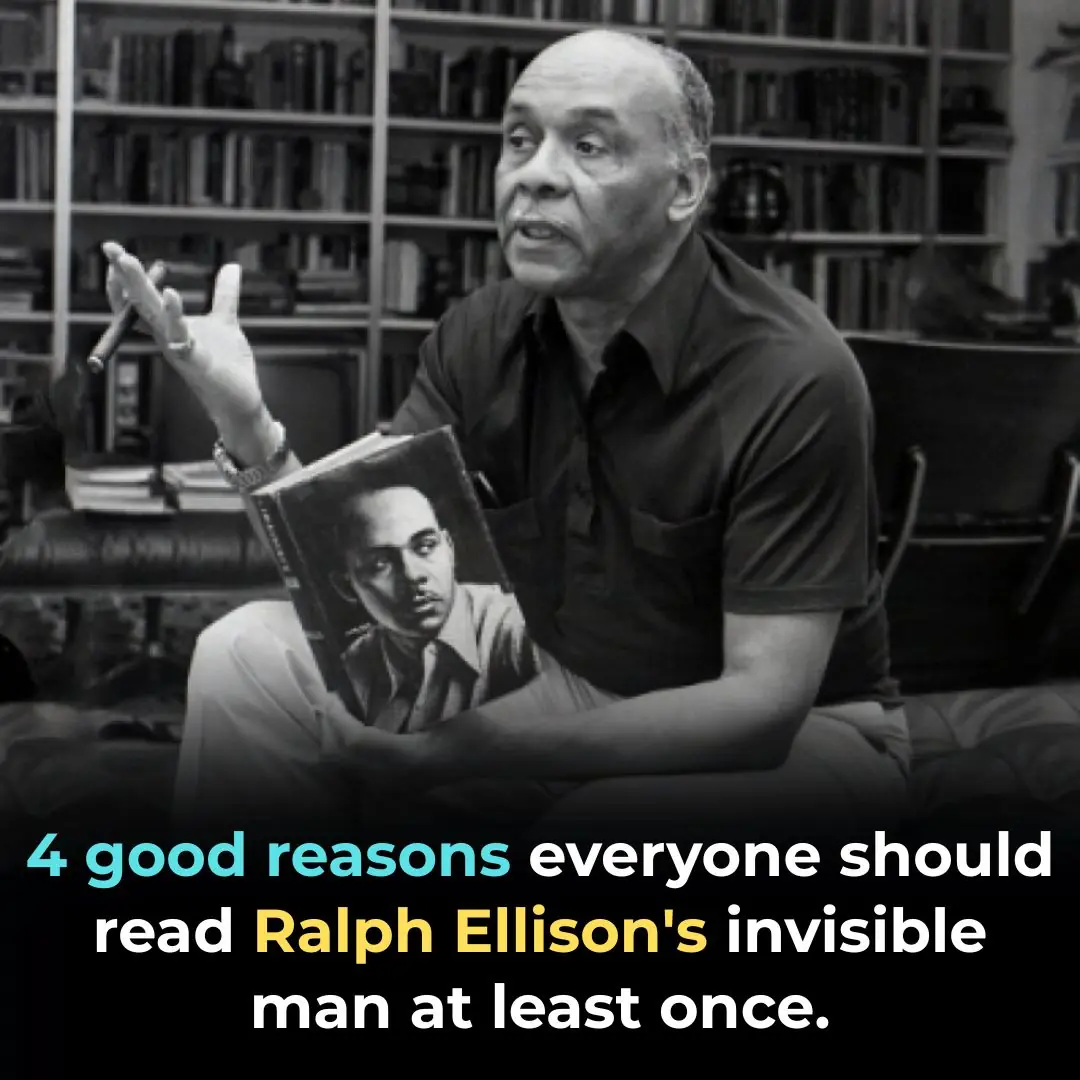
4 Good Reasons Everyone Should Read Ralph Ellison’s ‘Invisible Man’ At Least Once

Don’t Yank This from the Cracks: Why Dandelions Deserve a Second Look

Soap Water: A Gardener’s Secret Weapon for Natural Pest Control

20 Plants That Thrive in Cheap 5-Gallon Buckets
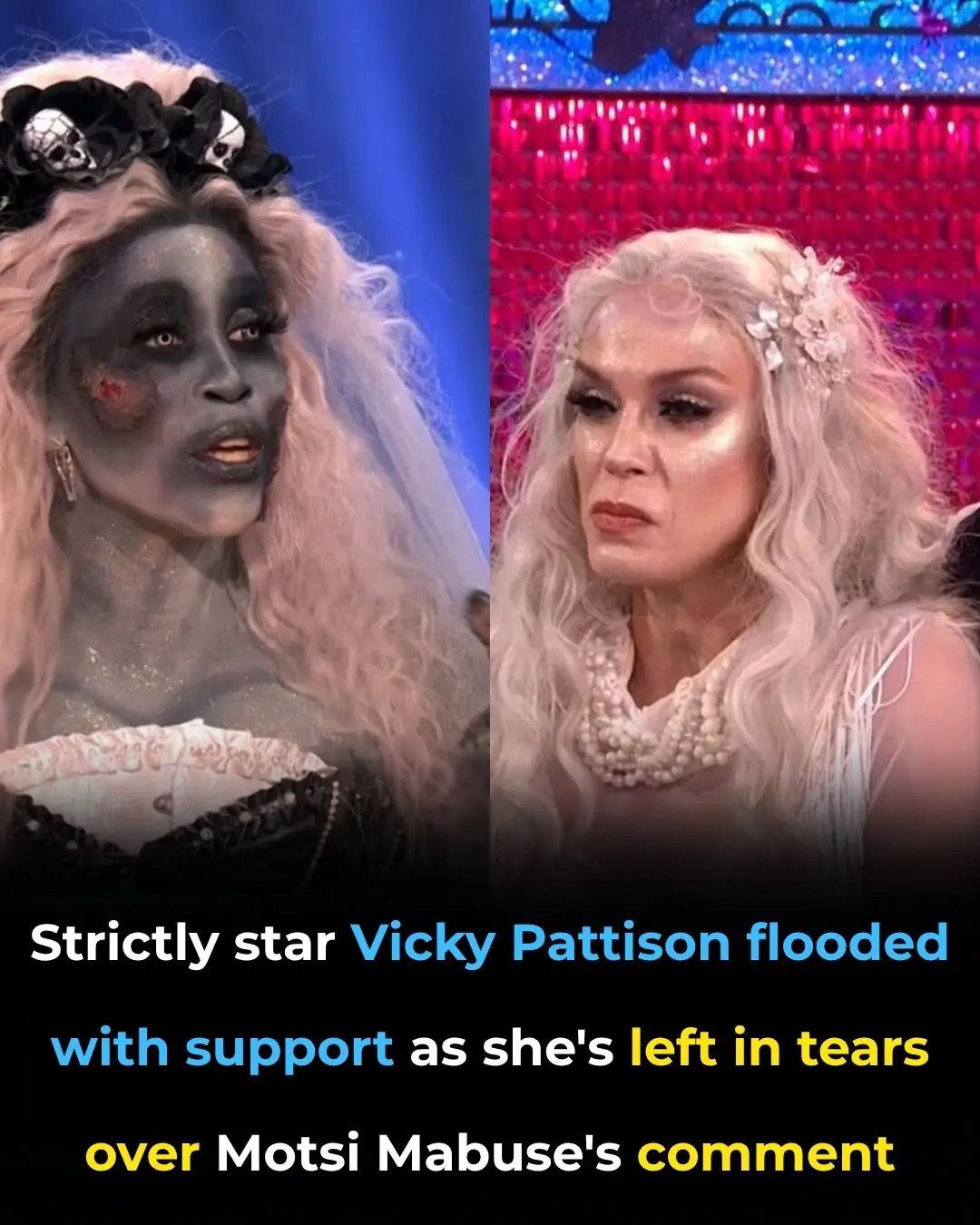
Strictly star Vicky Pattison left in tears after Motsi Mabuse’s comment

Strictly Come Dancing fans ‘gutted’ as Halloween Week results leak and fan favourite heads home
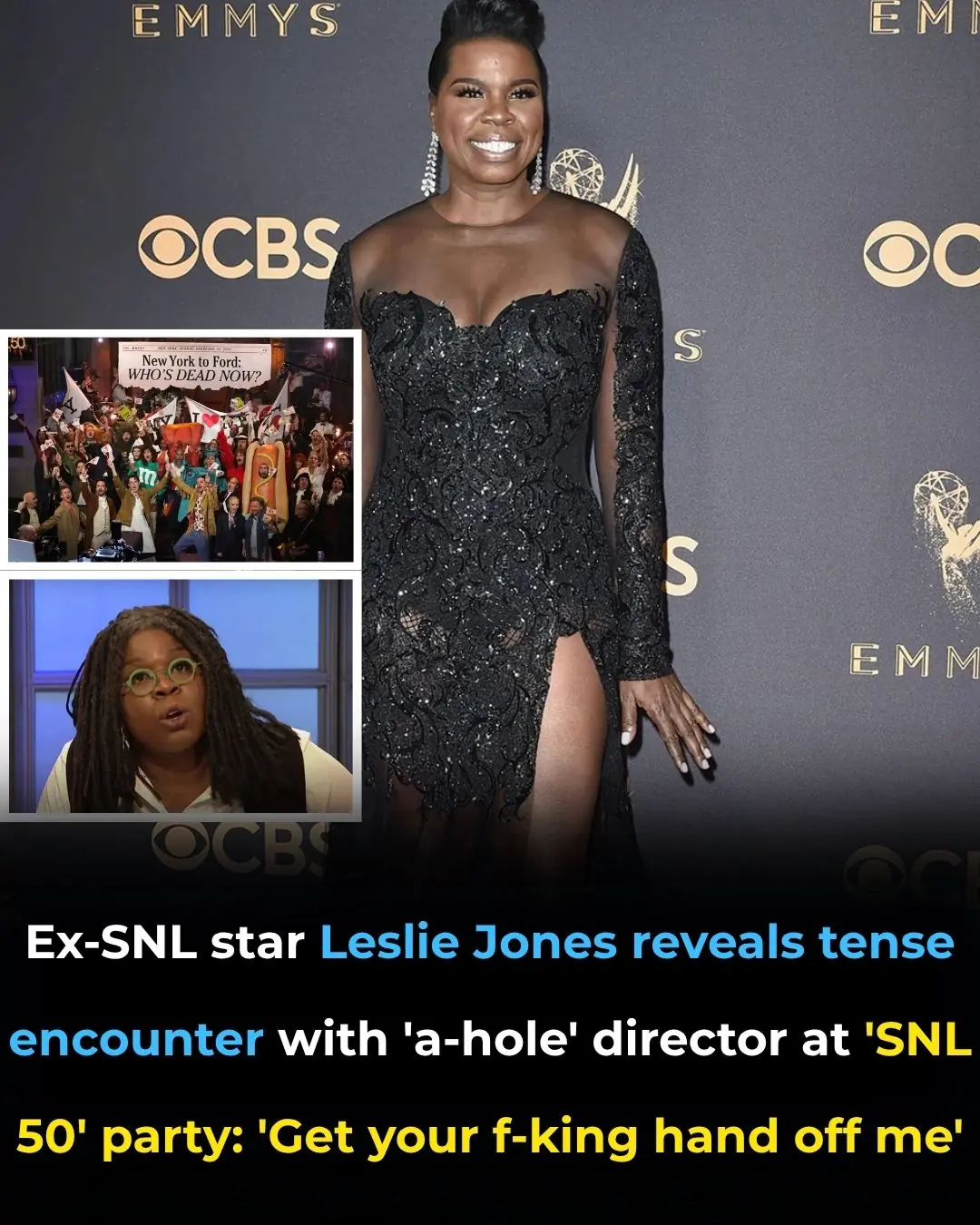
Ex-SNL star Leslie Jones reveals tense encounter with ‘a–hole’ director at ‘SNL 50’ party: ‘Get your f–king hand off me’

How Sydney Sweeney reacted to jokes about her chest at Matt Rife comedy show — alongside Scooter Braun

Complaints pour in over treatment of Strictly’s longest-serving judge Craig Revel Horwood
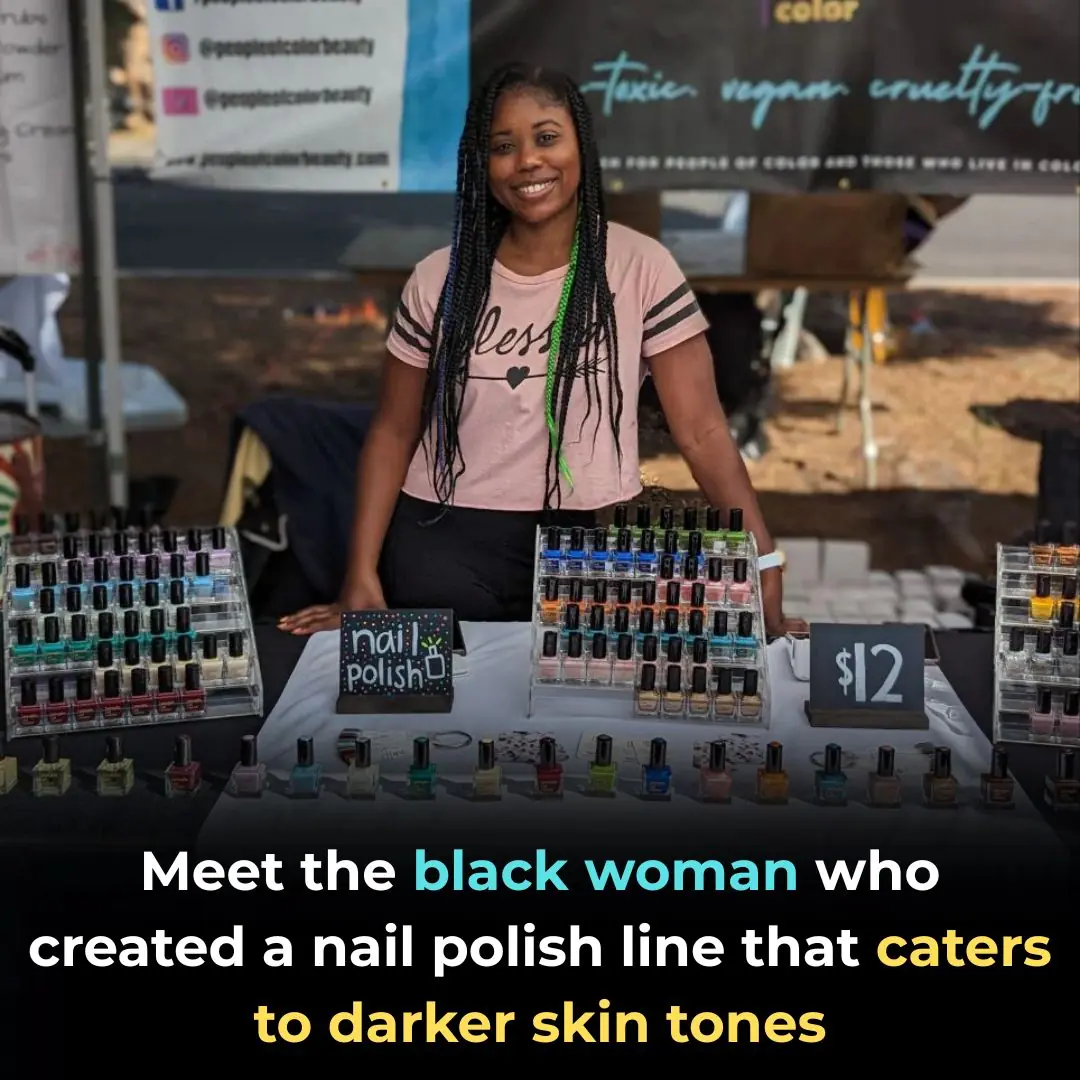
Meet the Black Woman Who Created a Nail Polish Line That Caters to Darker Skin Tones

Meet the Compton Teacher Who Sparked Kendrick Lamar’s Love for Words

Autumn Lockwood Is The First Black Woman To Coach In The Super Bowl
News Post

10 Warning Signs It’s Time to Cut Back on Caffeine

Scientists Reveal Interoception, the Amazing Sixth Sense of Humans

Stop throwing out old hoses. Here are 10 brilliant hacks to use them around the house

Shaun Wallace’s heartbreak over tragic family death: ‘I watched him physically degenerate’

EXCLUSIVE: Kerry Katona 'upset' over 'selfish' Katie Price as cracks show in friendship

You’re doing it all wrong. Here’s the right way to clean air vents

Big Brother fans fume ‘she can't get away with this’ as they slam housemate

My nana taught me this hack to get rid of lawn burn from dog pee in 5 mins with 0 work. Here’s how it works

You're doing it all wrong. Here’s the right way to store milk and dairy

You are doing it all wrong. Here's the right way to clean mirrors

Most do this wrong. 10 leftovers you’re storing wrong

Delicious and crispy onion salt, you can keep it all year round without worrying about scum, just make it this way, whoever eats it will remember it forever

You are doing it all wrong. Here's the right way to store cleaning supplies

My nana taught me this hack to whiten yellow pillows in 5 mins with 0 work. Here’s how it works

3 ultimate recipes using Vaseline & lemon to erase dark spots, clear acne and glow skin

These Seeds Can Do Magic On Your Hair

12 Fruit Trees You Must Prune in August — and the Science Behind It

Achieve Glass Skin in Just 1 Week: Your Ultimate Guide to Radiant, Smooth, and Flawless Skin

Fermented Rice Water & Cloves Scalp Treatment
